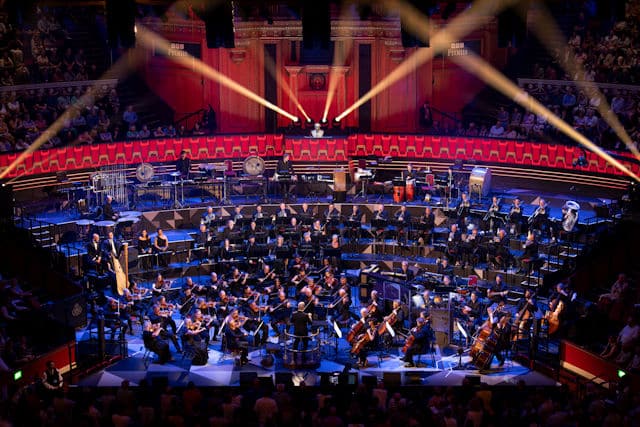So what actually is Lounge Music? It’s a style perhaps best defined in retrospect (as did Capitol Records when they released their ‘Ultra-Lounge’ series of CDs back in the 1990s). Mostly, it’s about summoning a background mood: it’s often instrumental (although the vocal stylings of artists like Tom Jones, Astrud Gilberto or Matt Monro can be included); there’s frequently a hint of the exotic (a Latin beat, or Southeast Asian musical tropes); it may be the theme music to TV shows or films. Its origins are Tiki bars and Las Vegas lounges of 1960s America (although the UK soon got a look in); it was music for the grown-ups of the 1950s and 1960s, who sought a kind of sophistication in a cocktail accompanied by a backing track that was a mix of the familiar (big bands, swing and jazz from before World War II), that conjured a glamorous location (unusual percussion from tropical cultures, or, in the case of UK TV themes, the anachronistic sound of a harpsichord) and provided a twinkle of the new and exciting space age (the early stirrings of electronica from electric pianos and synthetically produced sounds): just enough rhythm to keep from being totally square, but not enough to tip over into dangerously youthful abandon and the overt sexuality of rock n roll. Composers such as Burt Bacharach, Michel Legrand, Les Baxter, Juan Garcia Esquival, were the providers, along, of course, with Henry Mancini (born a century ago), whose music was immortalised by such family-friendly 1960s films as The Pink Panther, Breakfast at Tiffany’s and Hatari!
All this is home territory for the BBC Concert Orchestra, and under Edwin Outwater’s energetic direction (hands only; no stick; plenty of body movement) they delivered 29 examples from all aspects of the genre with verve, élan and a honed sense of style. Compèred with relaxed wit by Mel Giedroyc, the evening also saw appearances from a quartet of backing vocalists, along with soloists Rachel John and Oliver Tompsett. Also there, to sing Mancini’s ‘jewel in the crown’, Moon River, was the composer’s daughter, Monica Mancini, who, neither looks nor sounds anywhere near her 72 years, and who gave the song a performance full of husky tenderness in which the text was delivered with the intelligence and emotion of a true afficionado of the genre. More screen-based delights, for those of us of a certain age, ensued: the immediately recognisable double inégale opening of Mancini’s theme from The Pink Panther, the uniquely 60s British busy wackiness of Laurie Johnson’s The Shake (better known as the theme from The Avengers – that’s Steed and Peel, not Stark and Rogers); Morton Stevens’ Hawaii Five-O, simultaneously as cool and as brash as its protagonists; Michel Legrand’s The Windmills of Your Mind – all that steamy teenage erotica engendered by McQueen and Dunaway’s chess game in The Thomas Crown Affair.
Orignal Article: MusicOMH

